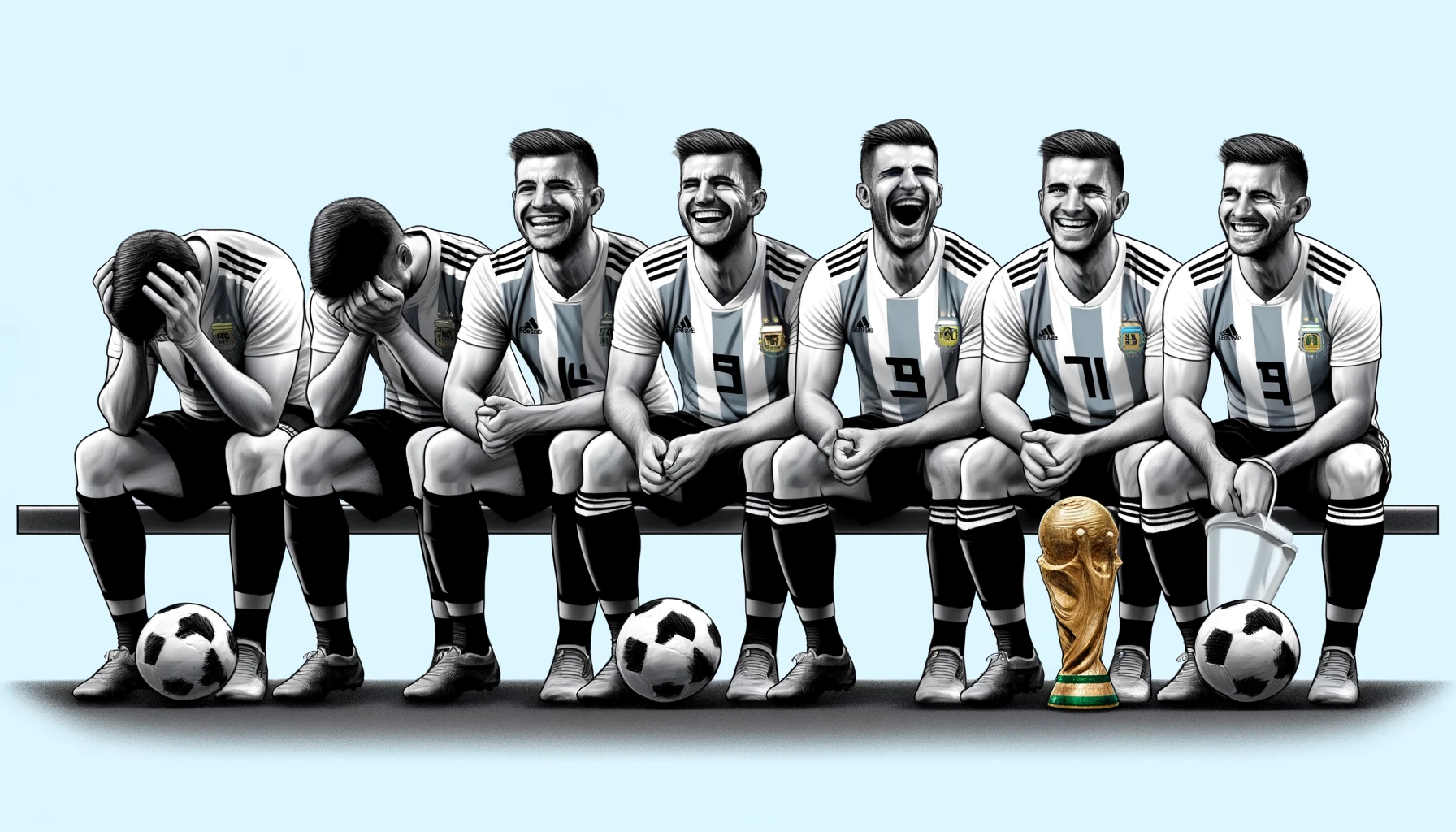
Adversity in Football and in Life
When I was 10 years old, I wanted to play football and I joined a club. My friends suggested I should be a goalkeeper because they thought I had the skills and the team only had one who apparently did not stand out. However, in the first practice, I chose to play as a defender, which led to a resounding "No!" from my friends. I wanted to be number two, a position already held by the team's captain, an irreplaceable player.
Over the weeks, the coach would tell me every Thursday, "Kid, don't come on Saturday, you're not going to play." Eventually, my mother decided to take me out of the team and I never returned to club play.
The curious thing about this episode is that I don't remember it as a frustrating one. Perhaps I was frustrated at the time, even when my parents told me they would no longer take me to the club, but the prevailing memory is that I still wanted to keep playing and attending training. I really believe I enjoyed it.
From that group, one player made it to the professional level and joined the first team of a major club in my city that plays in the top division of Argentine football. He made it, but he never left the bench and spent his best years hoping to start. The years passed and his career did not progress until he had to retire.
There are things that are not under your control.
It's complicated because in football, you always depend on someone else's decision. It doesn’t matter what role you have: the player depends on the coach, the coach on the club's authorities, the club on the league, the league on the federation, the federation on FIFA, and as for FIFA... who knows? I cannot even imagine how challenging it must be to govern such an organization.
A football federation was a client of the organization where I held one of my first jobs as a software engineer. During the project, an executive explained to me very clearly that in a football match, two games are played: the one played by the players on the field and the one played by the politicians off it. This isn’t necessarily corruption; often, playing in one stadium is more favorable than another for a team. A disciplinary measure can be less or more severe; the executives can appeal. There is a game beyond the one played on the field. At worst, it's a political game. At best, it's a decision game.
It's complicated, very complicated. But if there is one very clear thing, it's that no matter what position or role you have, there are always things out of your control. Thus, if today you find yourself on the bench or the game frustrates your expectations, the best thing you can do is learn to face that frustration. Frustration is part of the game, just as winning and losing is.
Before confronting it, I believe it is natural to let the bitter taste flow. You need to give yourself time to recognize that things didn’t go as expected. The key is not to dwell there but to move forward.
In this process, the concept of "circles of influence" and "circles of control" described by Stephen R. Covey in the book "The 7 Habits of Highly Effective People" is enlightening. These circles are part of a broader framework Covey uses to help people manage their effectiveness by focusing on the aspects of their lives they can influence or control.
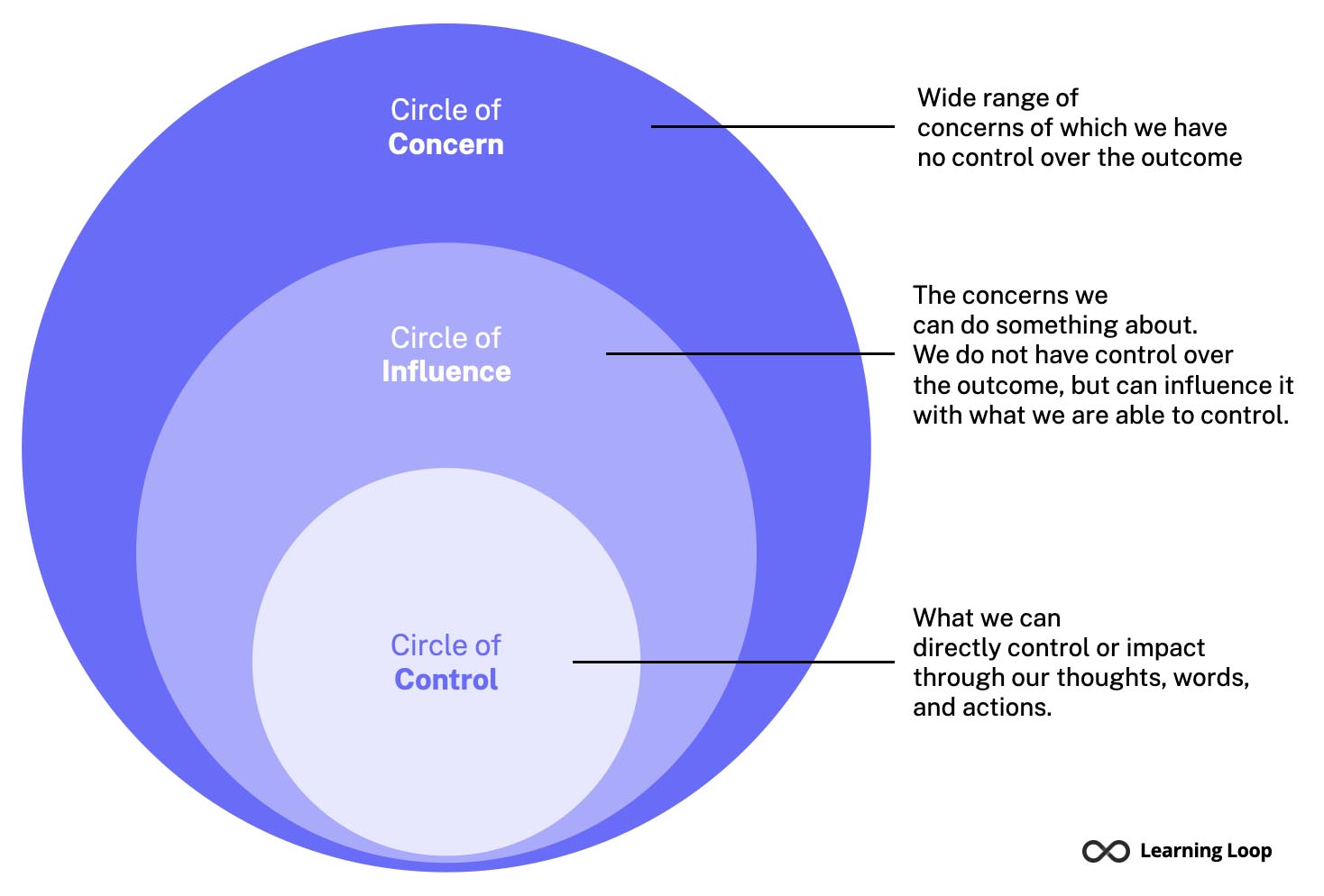
Here is a brief description:
Circle of Control
Includes things over which you have direct control, such as your behavior, decisions, and actions. Focusing on this circle empowers you because it focuses on your personal responsibility and your ability to initiate change.
Circle of Influence
This circle encompasses areas where you can affect outcomes but do not have total control. This might include relationships, workplace dynamics, or broader social interactions. You can exert influence through persuasion, example, and negotiation.
Circle of Concern
Includes a broader range of issues, such as global economic conditions, natural disasters, or the behavior of others, over which you have little or no direct control. While these issues may concern you, focusing too much on them can lead to feelings of helplessness and stress because your capacity to effect change is limited.
There lies the key to moving forward and not remaining indefinitely frustrated: recognizing what's under your control and focusing all energy and effort on it.
Dibu, Mascherano and Messi
Allow me to illustrate these ideas with three examples.
Emiliano Martínez, also known as Dibu, began his career at Independiente in Argentina and was transferred to Arsenal in 2010. For several years, he remained on the bench or was loaned out to other teams, facing intense competition for a starting position in the main team.
Over a decade at Arsenal, Martínez tirelessly fought to secure a place, being loaned out repeatedly to gain experience. It wasn't until he was 27 years old that he finally established himself as a starter, taking advantage of another goalkeeper's injury.
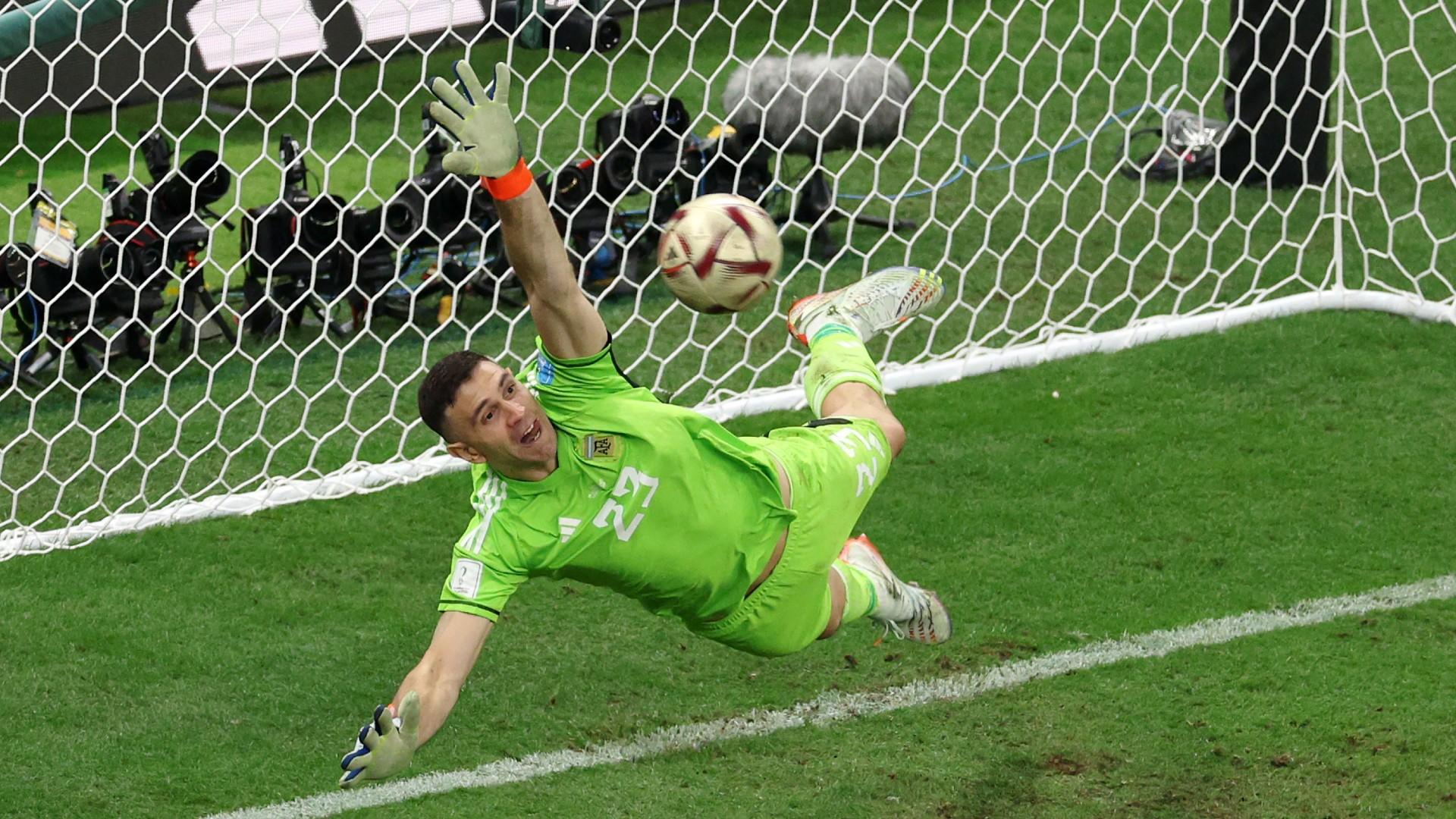
At 28, Martínez won his first major title, the FA Cup with Arsenal. This victory marked the beginning of his recognition in elite football, and he subsequently established himself at Aston Villa and stood out in the Argentine national team, significantly contributing in major international tournaments such as the Copa América and the World Cup.
Another example is Javier Mascherano, who joined FC Barcelona in 2010 from Liverpool, with a solid record as a defensive midfielder. In Barcelona, he faced fierce competition in midfield from figures like Sergio Busquets and Xavi Hernández. Faced with this situation, Mascherano adapted to playing as a central defender, a role that was not initially his specialty. This transition proved successful; under the guidance of coaches like Pep Guardiola and Luis Enrique, Mascherano secured his place in the defense, contributing to the team's success in competitions such as the Champions League and the League, proving to be a versatile and indispensable player.
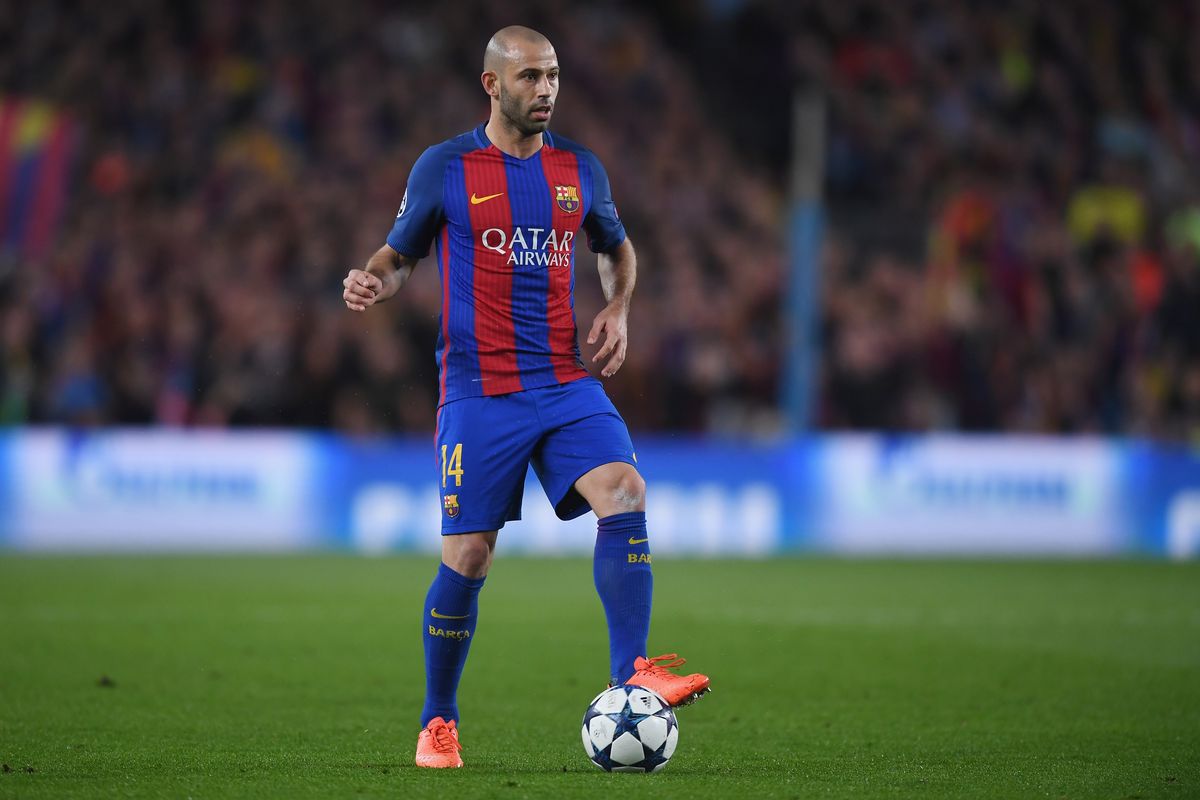
Starting a competitive career at 28 may seem late, especially for a goalkeeper. However, the key is that Martínez did not start at 28. He trained and prepared for many years to seize his opportunity when the starting goalkeeper was injured and he was ready.
After his stint at Liverpool, Mascherano could have believed he was a star and that the team should adapt to him. Had he followed that path, he likely would have ended up on the bench. Instead, he adjusted his expectations, adapted, and learned what was necessary, ultimately playing and winning tournament finals with the Champions League, not to mention his 414 matches alongside Lionel Messi.
In the face of adversity, it is best to initially allow oneself to feel the frustration. However, it is crucial not to remain stuck in it and to move forward. Moving forward is a mental game, and the key is to recognize what is under our control. In adverse outcomes, there are always opportunities: opportunities to learn, adapt to new circumstances, and explore new positions.
I am convinced that these may seem like mere nice words, but if you look at the careers of those who have excelled, you will see that they stood out because they managed to overcome adversities.
This process is what made them great. Nobody is born winning.
And there's no better example of this than Lionel Messi. Starting with his medical condition at an early age, the economic struggles that forced him to split his family as a child to move to Europe. As an adult, even though he was recognized as one of the best footballers in history, it took him participation in four World Cups before he finally won it at his fifth attempt in 2022, nearly at the end of his career.

This idea transcends sports. Jensen Huang recently said,
Greatness does not come from intelligence. Greatness comes from character, and character isn't formed out of smart people; it's formed out of people who have suffered.
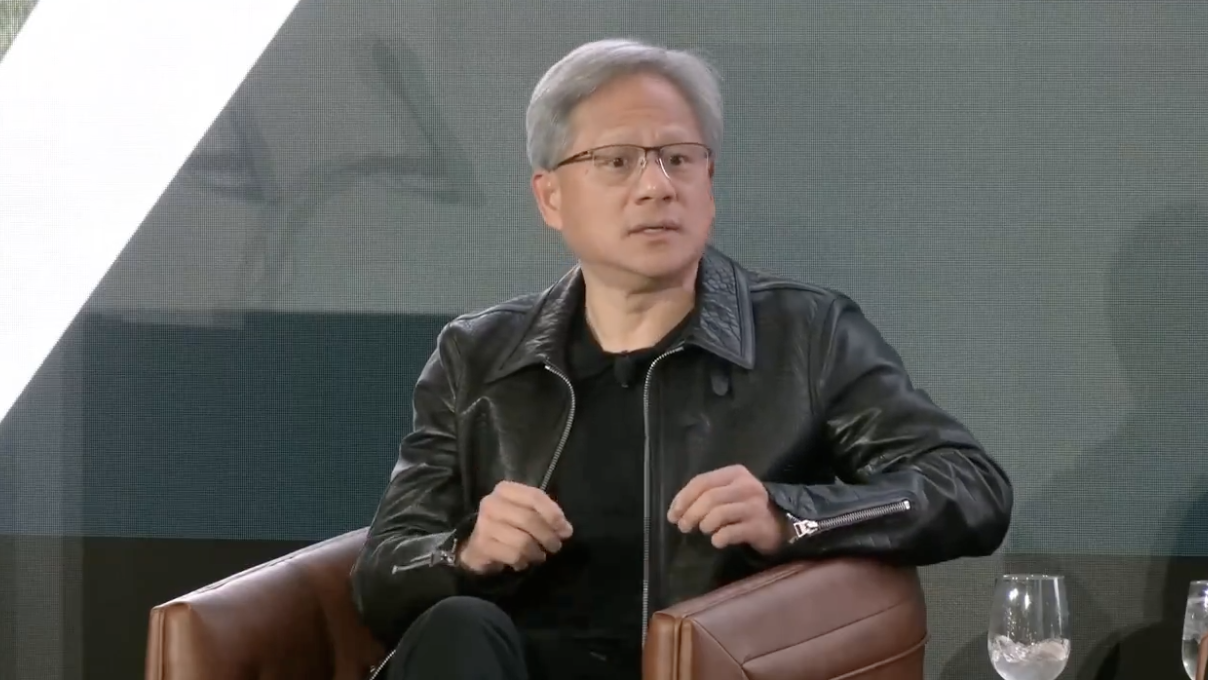
You weren't picked for the team you wanted.
You're not playing the minutes you expected.
You couldn't get the job you applied for.
Don't let the problem define who you are,
but rather how you come back.
Comments